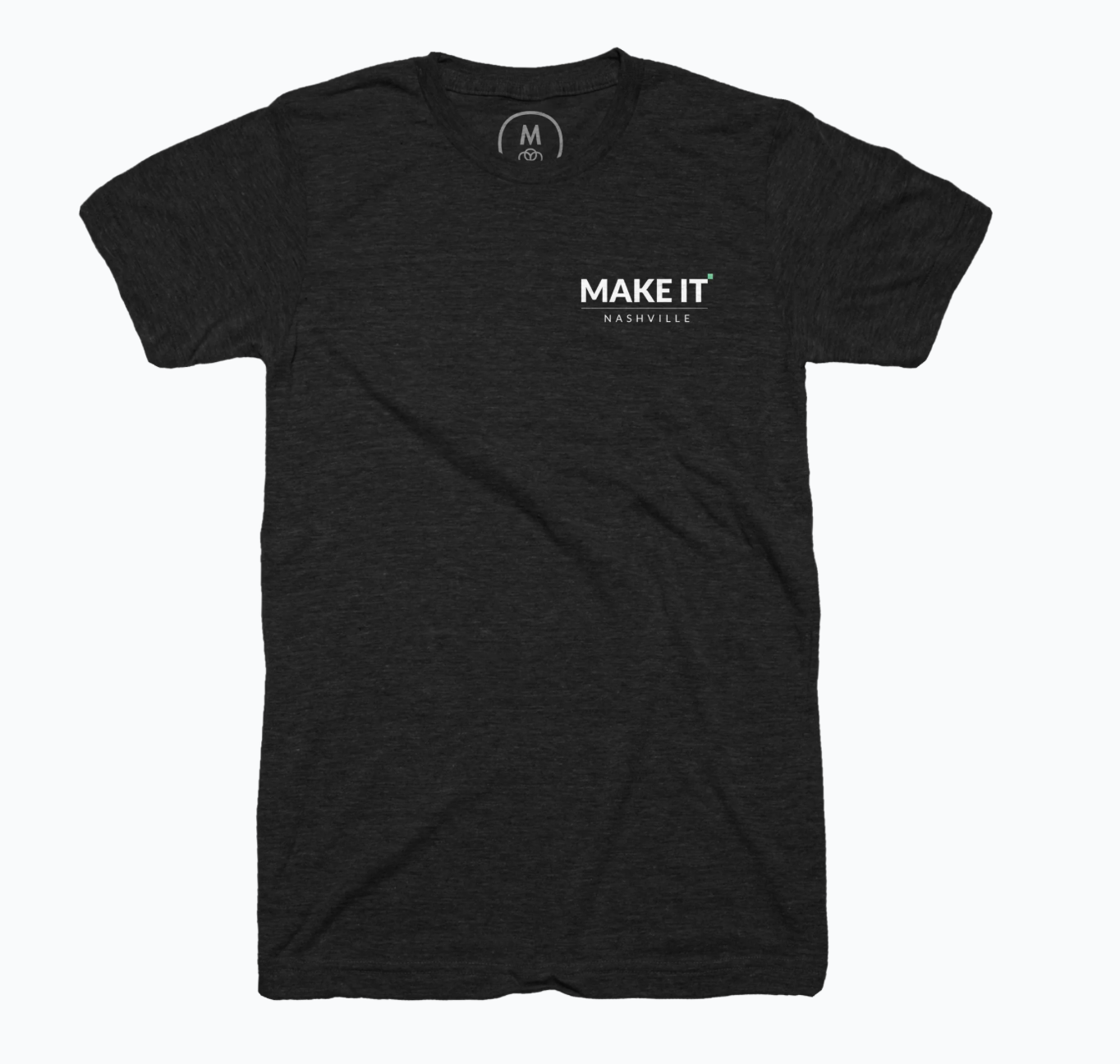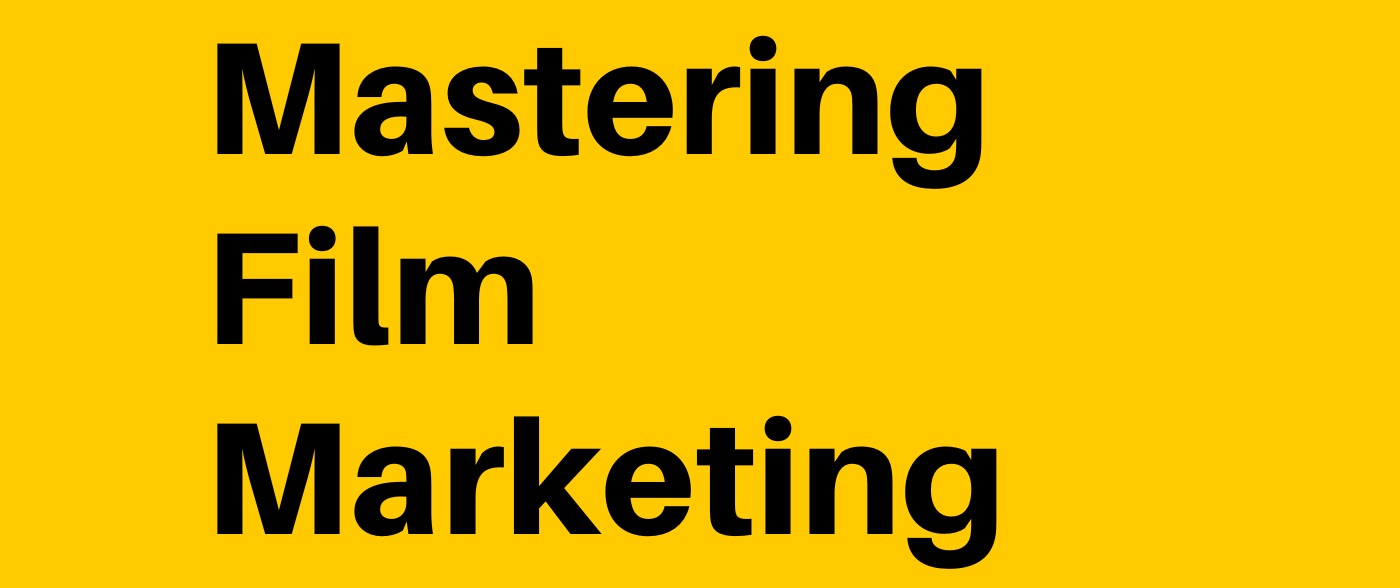From Film School to AI: Lessons for the Next Generation of Filmmakers
Introduction: The New Frontier of Filmmaking
If you’re a young filmmaker, you’re standing at the edge of a creative revolution. The world of film and media is changing faster than ever—streaming platforms are rewriting the rules, social media is blurring the lines between celebrity and creator, and artificial intelligence is knocking on the door of every creative profession. It’s exhilarating, overwhelming, and, let’s be honest, a little bit terrifying.
But what if you could sit in on a conversation with people who’ve been in the trenches—directors, producers, educators, and industry insiders—who are wrestling with the same questions you are? What if you could hear their unfiltered thoughts on what it really takes to make it in film today?
That’s exactly what you’ll get in the latest episode of the MAKE IT Podcast, featuring hosts Chris Barkley and Nicholas Buggs, with special guest David Smith from Columbia State Community College’s Film Crew Technology Program, and the ever-insightful Producer Papa Bear. This isn’t just another industry panel or a highlight reel of success stories. It’s a raw, honest, and often hilarious look at the realities of filmmaking in 2025.
In this blog post, we’ll break down the most important lessons, stories, and debates from the episode—so you can walk away with practical advice, a few laughs, and a renewed sense of purpose for your own creative journey.
Chapter 1: The Realities of Film School—And Why Crew Matters
Not all film schools are created equal. David Smith, who runs the Film Crew Technology Program at Columbia State, pulls no punches about the difference between learning to direct and learning to *work*.
“Most film schools focus on directing, writing, and producing,” David explains. “But our program is about the crew—the people who actually make the magic happen behind the scenes.”
Why does this matter? Because, as David points out, the industry is hungry for skilled crew members. Directors and writers might get the glory, but it’s the gaffers, grips, sound techs, and assistant directors who keep the set running. And if you want to break into the business, being a reliable crew member is often your best ticket in.
David’s program is intense: 20 students a year, five hours a day, four days a week. No portfolio required—just a willingness to learn, get your hands dirty, and find out what you’re really good at. “We prefer people who are a little green,” he says. “That way, we don’t have to unteach bad habits.”
The takeaway? If you’re considering film school, look for programs that emphasize real-world experience and crew training. And if you’re already in school, volunteer for as many crew positions as you can. The more you know about how a set works, the more valuable you’ll be.
Chapter 2: The Shrinking Window—Why Movies Disappear So Fast
Remember when a movie would come out and people would talk about it for months? Those days are gone. As Chris and Nick discuss, the “theatrical window”—the time when a film is in theaters and part of the cultural conversation—is shrinking fast.
Nick shares his experience seeing “Ballerina,” a spin-off in the John Wick universe. “I saw it a couple weeks ago, and now it feels like old news. There’s just so much content out there that movies disappear from the conversation almost immediately.”
Chris agrees, pointing out that social media has moved the water cooler talk from the office to the internet. “You find out about a movie through social media before you even hit the theater. The conversation is what draws people in—but it also kills the buzz faster.”
What does this mean for young filmmakers? It means you have to be strategic about how you release and market your work. The window to capture attention is shorter than ever, so you need to hit hard and fast with your marketing, social media, and word-of-mouth campaigns.
But it also means you shouldn’t be discouraged if your film doesn’t stay in the spotlight for long. The landscape is changing for everyone—even the biggest studios.

https://cottonbureau.com/p/SU3Q7S/shirt/make-it-nashville
Chapter 3: Stardom, Social Media, and the New Definition of Fame
One of the most fascinating parts of the episode is the discussion about the changing nature of stardom. Is Tom Cruise the last true movie star? Are social media influencers the new celebrities?
Chris and Nick debate whether actors like Brad Pitt, Leonardo DiCaprio, and Timothy Chalamet still have the same cultural pull as they did a decade ago. “It feels like the world is diluted for what a star is,” Nick says. “Social media has a billion stars. There are people with millions of followers I’ve never even heard of.”
This isn’t just a philosophical question—it has real implications for filmmakers. Casting a big-name actor used to guarantee box office success. Now, you might get just as much attention by casting a TikTok star or collaborating with a YouTuber.
But there’s a flip side: Fame is more fleeting than ever. The same platforms that can make you famous overnight can also make you irrelevant just as quickly.
For young filmmakers, the lesson is clear: Don’t chase fame for its own sake. Focus on building real skills, telling authentic stories, and connecting with your audience—wherever they are.
Chapter 4: AI, Creativity, and the Future of Content
No conversation about the future of film would be complete without talking about artificial intelligence. The hosts dive deep into the ethical and practical challenges of AI in creative industries.
Chris lays it out: “AI isn’t going to make the billions of dollars in film disappear. It’s just going to transfer that value from studios to the companies that make the AI tools.”
Nick adds, “AI can help you summarize episodes, create social posts, and even write scripts. But if you’re just typing prompts and letting the AI do all the work, are you really creating anything?”
Producer Papa Bear raises a provocative question: Will prompts themselves become intellectual property? As AI-generated content floods the market, will the value shift from the finished product to the instructions that create it?
For young filmmakers, the message is both a warning and an opportunity. AI is here to stay, and it can be a powerful tool if you use it wisely. But don’t let it replace your own creativity, voice, and vision. The world still needs authentic stories—and the people brave enough to tell them.
Chapter 5: Marketing Matters—Don’t Let Your Film Flop
If there’s one practical takeaway from the episode, it’s this: Marketing can make or break your film.
The hosts discuss the infamous flop of Disney’s “John Carter,” a movie with a massive budget and a disastrous marketing campaign. “It wasn’t the film that failed,” Nick points out. “It was the marketing.”
Chris and Nick both emphasize the importance of learning how to market your work—whether you’re an indie filmmaker or working with a studio. That means understanding your audience, building a brand, and using every tool at your disposal (including platforms like Beacons.ai and Cotton Bureau, both mentioned in the episode).
If you’re serious about a career in film, start learning about marketing now. Take courses, read books, and pay attention to how successful films and creators promote themselves. Your talent will get you in the door, but your marketing skills will keep you in the game.

Chapter 6: Life Lessons—If Your Life Were a Movie…
One of the most inspiring moments in the episode comes when Chris shares a meme: “If your life were a movie, what would the audience be screaming at the screen for you to do next?”
It’s a powerful question, especially for young creatives. Are you playing it safe, or are you taking the risks that will lead to growth and fulfillment? Are you listening to your inner cheerleader—or letting fear and doubt hold you back?
Nick reflects on the different “lives” he leads—husband, parent, filmmaker—and how each one comes with its own set of choices and challenges. “What would my cheerleader be saying to me right now?” he asks. “Go for it. Don’t let fear hold you back.”
For anyone starting out in film (or any creative field), this is the heart of the matter. The industry is tough, the odds are long, and the path is rarely straight. But if you treat your life like a movie—and yourself as the hero—you’ll find the courage to take the next step.
Chapter 7: The Call to Action—Your Story Starts Now
So, what does all this mean for you, the new filmmaker reading this blog?
It means you’re entering the industry at a time of unprecedented change and opportunity. The old rules don’t apply, and the new ones are still being written. Whether you want to direct, write, produce, or work behind the scenes, there’s a place for you—if you’re willing to learn, adapt, and hustle.
Here are a few practical steps you can take right now:
1. Get Real-World Experience: Volunteer for crew positions, work on student films, and learn every aspect of production you can.
2. Embrace New Technology: Don’t be afraid of AI and other tools—but use them to enhance your creativity, not replace it.
3. Build Your Brand: Start marketing yourself and your work now. Use social media, build a website, and connect with your audience.
4. Stay Authentic: Don’t chase trends or fame for their own sake. Tell stories that matter to you, and the right audience will find you.
5. Take Risks: Treat your life like a movie. Be the hero. Take the leap.
And most importantly, keep learning. The best way to do that? Listen to people who’ve been there, done that, and are still figuring it out—just like you.
Listen, Watch, and Join the Conversation
If you found these insights helpful, you’ll get even more from the full episode on the MAKE IT Podcast. The conversation is packed with stories, debates, and practical advice that you won’t find anywhere else. Whether you’re listening on your favorite podcast app or watching on YouTube, you’ll come away with a deeper understanding of what it takes to succeed in film today.
Your story is just beginning. Make it count.
For more resources, tips, and inspiration, subscribe to the podcast and follow us on social media. Let’s make something great—together.
